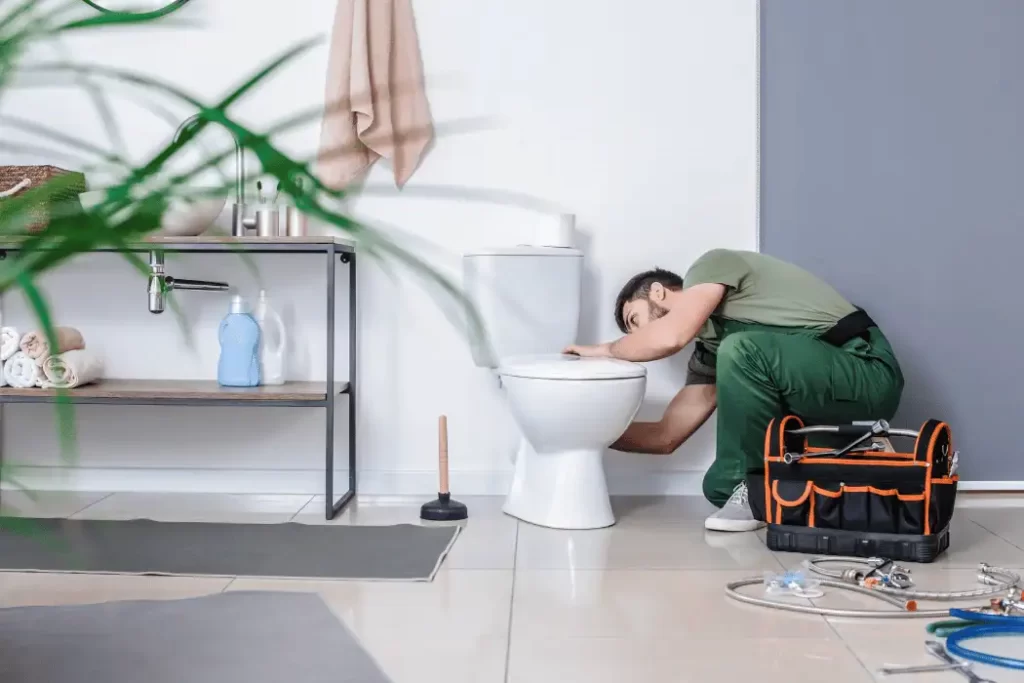Plumbing systems are an essential part of any building’s infrastructure, but they are often neglected until something goes wrong. Regular plumbing maintenance is important to ensure that your pipes, fixtures, and appliances are functioning correctly, and to prevent potential problems from turning into costly repairs. In this article, we will discuss the importance of regular plumbing maintenance and how it can help you avoid plumbing disasters.
Preventing Clogs
One of the most common plumbing problems is clogged drains. Clogs can be caused by a variety of things, such as hair, food, grease, and other debris. When left unchecked, clogs can lead to backups and overflows, which can cause water damage and other problems.
Regular plumbing maintenance can help prevent clogs from forming in the first place. A plumber can inspect your pipes and clean them out, removing any debris that may be blocking the flow of water. They can also install drain screens and other devices to catch debris before it goes down the drain.
Home renovation involves improving or transforming various aspects of your living space.

Saving Money on Repairs
Regular plumbing maintenance can save you money in the long run by preventing costly repairs. When plumbing problems are left unchecked, they can escalate into larger issues that require extensive repairs. By catching and fixing problems early on, you can avoid these costly repairs and save money on your plumbing bills.
For example, a leaky faucet may not seem like a big deal, but over time, it can waste a significant amount of water and lead to higher water bills. A plumber can fix the faucet and prevent it from wasting any more water.
Ensuring the Safety of Your Drinking Water
Your plumbing system is responsible for delivering clean and safe drinking water to your home. Regular maintenance can help ensure that your water is free from contaminants and safe to drink. A plumber can inspect your pipes and check for signs of corrosion or other damage that could compromise the quality of your water.
They can also install water filtration systems to remove impurities from your water, such as lead, chlorine, and other harmful chemicals. By taking these steps, you can protect your family’s health and ensure that your drinking water is safe.
Preventing Water Damage
Water damage can be costly and difficult to repair. Leaky pipes, clogged drains, and other plumbing problems can cause water damage to your floors, walls, and other surfaces. This can lead to mold growth, which can cause health problems and further damage to your home.
Regular plumbing maintenance can help prevent water damage by identifying and fixing problems before they escalate. A plumber can inspect your pipes and fixtures for leaks and other signs of damage, and repair them before they cause water damage.
Maintaining the Efficiency of Your Plumbing System
Over time, your plumbing system can become less efficient due to wear and tear. This can lead to higher water bills and other problems. Regular plumbing maintenance can help maintain the efficiency of your plumbing system by keeping it in good condition.
A plumber can inspect your pipes and fixtures for signs of wear and tear, and replace them as needed. They can also install high-efficiency appliances and fixtures, such as low-flow toilets and showerheads, to help you save water and reduce your water bills.
Ensuring Compliance with Building Codes
Plumbing systems are subject to building codes and regulations that are designed to ensure their safety and efficiency. Regular plumbing maintenance can help ensure that your plumbing system is in compliance with these codes and regulations.
A plumber can inspect your plumbing system and identify any areas where it may be out of compliance. They can also make any necessary repairs or upgrades to bring your system up to code.
Conclusion
Regular plumbing maintenance is essential to keep your plumbing system functioning correctly and prevent potential problems from turning into costly repairs. By preventing clogs, saving money on repairs, ensuring the safety of your drinking water, preventing water damage, maintaining the efficiency of your plumbing system, and ensuring compliance with building codes, you can protect your home and your family’s health, while also saving money on your plumbing bills.

